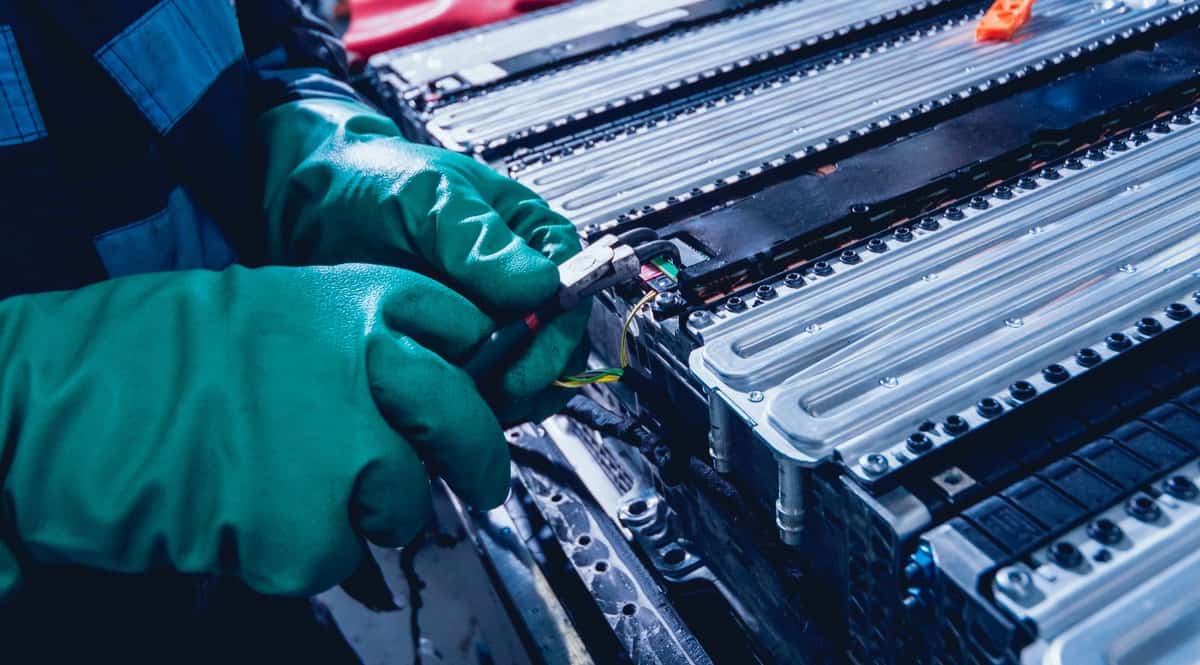The European Union may just end up as reliant on Chinese li-ion batteries and fuel cells as it was on Russian energy before the Ukraine war by 2030, Reuters reports, citing a paper meant for EU officials.
Therefore, the paper calls for the union to take the necessary steps to avoid such circumstances that may threaten its economic growth.
Paper highlights
The Spanish presidency of the EU compiles the paper prepared for the bloc’s leaders. According to the publication, it will be the focus of the talks in the upcoming summit on October 5 in Spain.
The summit is part of the bloc’s effort to address current concerns about the rapidly increasing “global assertiveness and economic weight” of China.
The EU leaders will explore strategy proposals to prevent the region from relying too heavily on the Asian country. It also aims to diversify its sources towards Latin America and Africa.
Dependency on China
The European industry undoubtedly depends on Chinese battery technology, as asserted by economist Guido Cozzi.
“It is not too late, but I think they should act pretty fast, because China is moving very fast in this sector. They are the world champions, and they are also trying to consolidate their take on raw materials elsewhere – for example, in Africa.”
Guido Cozzi, an economist at the St. Gallen University in Switzerland (via VOA News)
He further suggested the West work together on battery technologies and supply to compete against China’s strong market position.
“The United States has a leading edge in technology anyway because it is the most innovative of all. And it is important that, I think, transatlantic cooperation is reinforced. Innovation has a scale effect, so the more the brains at work, the faster the flow of innovations.”
Guido Cozzi, an economist at the St. Gallen University in Switzerland (via VOA News)
Call for action
The paper cites renewable energy sources instability, including solar and wind, as it calls for the EU leaders to explore energy storage to hit carbon neutrality by 2050.
“This will skyrocket our demand for lithium-ion batteries, fuel cells and electrolysers, which is expected to multiply between 10 and 30 times in the coming years.”
Spanish presidency paper
The EU undoubtedly leads in electrolyzer production with over 50% share of the global market. However, it significantly depends on China for electric vehicle li-ion batteries and fuel cells.
“Without implementing strong measures, the European energy ecosystem could have a dependency on China by 2030 of a different nature, but with a similar severity, from the one it had on Russia before the invasion of Ukraine.”
Spanish presidency paper
For context, the EU accounted for over 40% of Russia’s total gas, 27% of oil, and 46% of coal before the Ukraine War, the executive European Commission noted.
However, its move to cut Russia caused a shock in energy prices in the bloc and caused consumer inflation to increase. It even prompted the European Central Bank to substantially boost interest rates, which impeded the region’s economic growth.
Now, the EU is once again at risk of becoming too dependent on a foreign country if it fails to take action.
See Also:
- European EV industry to hit a 25.4% CAGR to $143.08 billion in 2027
- Renault CEO calls for European automakers to catch up with China’s EV dominance
- China-based SVOLT announces plans to develop five European plants
- Auto Supplier: China’s small EVs enjoy €10,000 cost advantage over European cars
- European demand causes China’s EV exports to skyrocket
The EU’s substantial dependency on imports for such products could severely restrain the potential growth of the domestic electric vehicle, battery, and energy industry. That said, the bloc must take the necessary actions to reduce its foreign dependence by establishing a strong domestic value chain.
The European Battery Alliance strives to boost battery investment, research, and development in the region.

